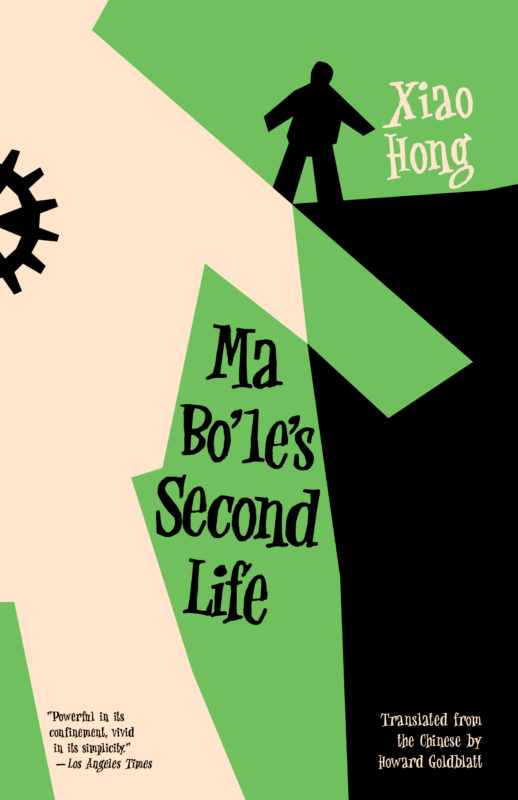The Best Female Chinese Novelist You’ve Never Heard Of
|
To say that Xiao Hong’s life was rough is a serious understatement.
She was born in 1911, during one of China’s most turbulent periods, all leading up to the Second Sino-Japanese War. In addition to the cultural turmoil, Xiao’s mother passed away when she was nine, leaving her to be raised by an abusive father whom she ran away from at the age of 20. In Harbin, she barely avoided being sold to a brothel, but still ended up pregnant, abandoned by her fiancé, and living in desperate poverty. In 1933, Xiao Jun, the publisher of a local newspaper, befriended her and gave her the space and means to start writing. Over the next nine years, she produced one of the most powerful literary oeuvres in Chinese history. At a time when nationalistic literature was the norm, she focused on the lives of ordinary people struggling to survive. Her first novel, The Field of Life and Death, was one of the earliest works to depict life under Japanese rule, focusing on the tortured lives of several peasant women. She also co-wrote a collection of autobiographical essays, Market Street, and Tales of Hulan River, her most successful long novel.
Around that same time (1940), she started serializing Ma Bo’le’s Second Life, the first part of a planned trilogy that would satirize the war and the rampant patriotism of the time. Unfortunately, in 1942, at the age of 30, she passed away from health complications, leaving both the trilogy unfinished, and the novel itself. For years, her work remained in obscurity in China and elsewhere, but interest in her work has grown immensely in recent times, and today, Xiao Hong is remembered as one of the definitive writers of China’s Republican era. In fact, over the past half-dozen years, two biopics have come out about her life. The first, Falling Flowers, is available on Netflix, and below you’ll find a trailer for The Golden Era. Ma Bo’le’s Second Life presents a stark-yet-humorous view of the period building up to the Second Sino-Japanese War, in a candor absent from much of Chinese literature. Following the journey of Ma Bo’le, historic events are presented through the perspective of a man appalled by his fellow citizens’ inability to see the obvious. From the translator, Howard Goldblatt:
On the subject of Goldblatt, Ma Bo’le would not be complete without his work—as mentioned above, Xiao Hong had died before her novel was completed. He undertook the difficult, sensitive task of editing the novel and completing it based on her notes. Some of his additions are fairly obvious—like the frame story set in 1984, decades after Xiao Hong had died—and he explains the whole process in his afterword. Goldblatt’s role in this novel is one of the reasons we decided to publish Ma Bo’le. The role of the translator as artist is constantly being debated, and this publication will add a lot to the discussion of how “visible” a translator should be. Beyond that though, this novel is comedic and elegant, simple yet profound, and presents the turbulent transitions of the period with an uncommon philosophical, human depth. An important addition to world literature, from a female author ripe for rediscovery by English readers everywhere. You can read an excerpt of Ma Bo’le’s Second Life here or purchase it from the Open Letter website.
|


Leave a Reply